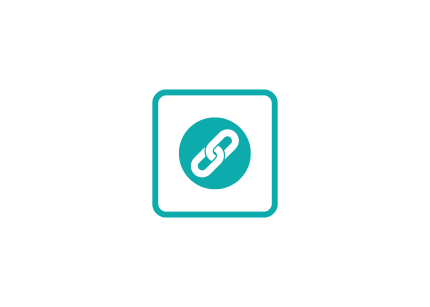Children
Laws and other documents related to child rights:
Frequently Asked Questions
- Non-discrimination
- Survival and development
- Prioritizing children's best interests
- Care and protection
- Protection from sexual exploitation and abuse
- Protection from violence, abuse, and neglect
- Right to maintain identity
- Right to know and receive care from parents
- Right to access information
The government, parents, family, teachers, and society are responsible for protecting and providing safety for children's rights.
It is the government's duty to respect, protect, and provide rights for every child. This includes arranging for children to receive basic rights such as health services, education, nutritious food, housing, and protection from violence, abuse, and exploitation. The government must implement laws, policies, and programs that maintain children's interests and safeguard their overall well-being and development on a broad scale, allocate appropriate resources for this purpose, establish robust systems to protect children's rights, work in collaboration with families, communities, and civil society organizations, and create an environment that enables children's development, progress, and the realization of their potential. Furthermore, it is the government's responsibility to take all necessary measures to promote and protect these fundamental rights as the guarantor of children's rights.
Parents' responsibility is to raise their children and create a safe and caring environment that facilitates the fullest development of their children's capabilities. This includes meeting basic needs such as food, shelter, healthcare, and education, as well as protecting them from harm, violence, abuse, and exploitation. Additionally, decisions regarding a child or children should be made with the utmost consideration for the child's best interests.
The responsibilities of teachers and schools include ensuring the right to quality education in a safe learning environment free from discrimination, violence, and abuse, where all children can participate equally. Teachers play a crucial role in facilitating children's safety, learning, and progress. They must also report any acts of infringement or violation of children's rights that they become aware of.
Respecting, promoting, and protecting children's rights is the responsibility of the entire society. Every member of society should be aware of children's rights issues and work towards creating a safe environment that enables children's progress, development, and the realization of their full potential. This includes fostering a zero-tolerance culture for any form of violence, abuse, exploitation, or discrimination against children. It is everyone's responsibility to raise awareness, change mindsets, and report any violations of children's rights to the relevant authorities, working together as a society.
- Ministry of Social and Family Development hotline: 1421
- Child helpline: 1412
- Maldives Police Service: 119
- Family and Child Protection department (FCPD): 3000600
- Children’s Ombudspersons hotline: 1656
- Human Rights Commission of the Maldives: 1424
